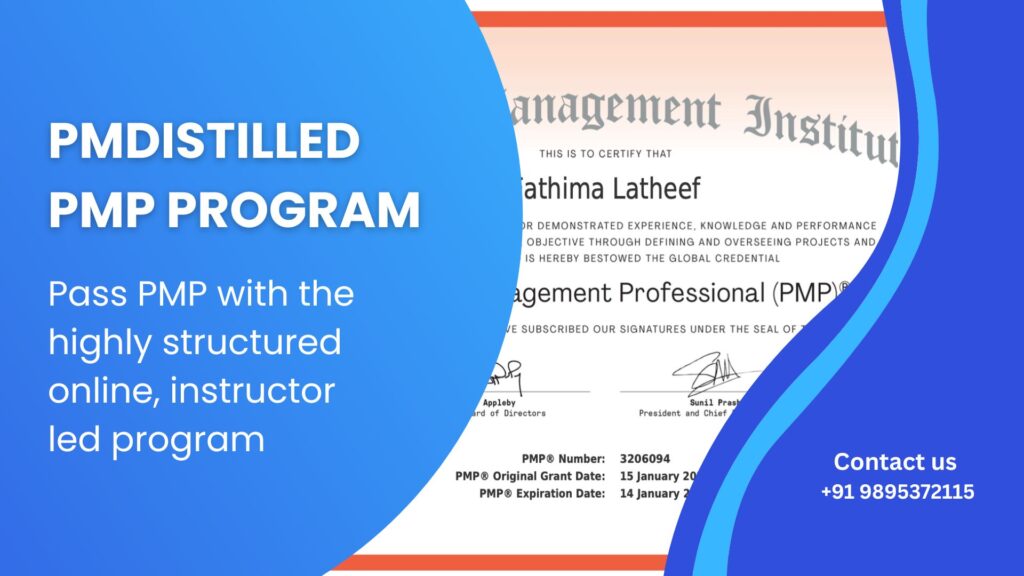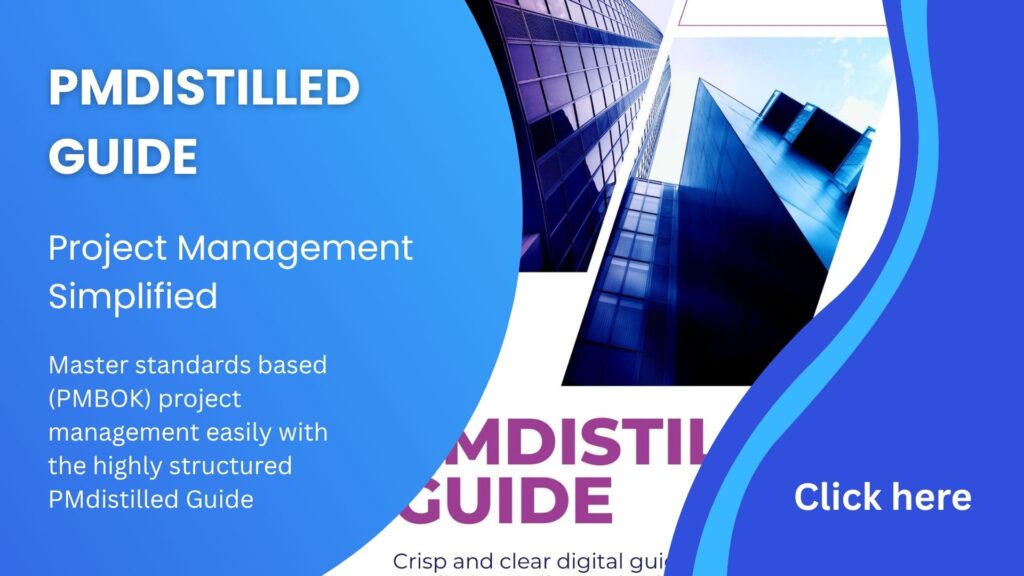
Campus Connect Program (CCP)
The demand for construction professionals in India is experiencing a robust and positive forecast for the coming years. Several factors are driving this growth, making it a promising sector for various professionals.
Overall Growth of the Indian Construction Market
- Significant Expansion: The Indian construction market is projected for substantial growth. Estimates indicate it will grow by 11.2% annually, reaching INR 25.31 trillion by 2025, and is expected to climb to about INR 39.10 trillion by the end of 2029 (ResearchAndMarkets.com). Another report suggests a CAGR of 12.1% from 2025 to 2030, reaching USD 2.13 trillion by 2030.
- Economic Driver: The construction sector is a significant contributor to India’s GDP and a major employer, second only to agriculture. This growth translates directly into job creation. This sector could add 30 million jobs by 2030, reaching a total of 100 million workers.
Key drivers of demand
- Massive Infrastructure Development:
- Government Initiatives: Schemes like the National Investment Pipeline, Smart Cities Mission, and significant budgetary allocations for infrastructure (e.g., ₹11.11 lakh crore in Budget 2024-25) are fueling demand.
- Mega Projects: Ongoing and planned projects like the Mumbai–Ahmedabad High-Speed Rail, Chennai–Bengaluru Expressway, metro rail expansions, and airport developments create a huge need for professionals across all levels.
- Connectivity & Economic Growth: Improved infrastructure enhances connectivity, efficiency, and productivity, creating a virtuous cycle of economic activity and job creation.
- Robust Real Estate Sector:
- Residential Housing: Despite inflation, demand for affordable housing remains resilient, particularly in Tier-2 and Tier-3 cities. Government programs like PM Awas Yojana (PMAY) are also driving affordable and eco-friendly housing projects.
- Commercial & Mixed-Use Spaces: Transformation in commercial construction is fueled by demand for premium office developments and mixed-use spaces, especially in IT and financial hubs.
- Urbanization: Rapid urbanization and population growth in India are continually driving demand for housing and urban infrastructure.
- Industrial & Institutional Growth:
- Manufacturing Boost: Initiatives like “Make in India” are increasing demand for industrial construction (factories, warehouses), including high-tech manufacturing plants (e.g., Tata’s Semiconductor Plant).
- Healthcare & Education: Continued government and private investment in institutional projects like hospitals (e.g., AIIMS) and educational campuses.
- Technological Advancements and Sustainability:
- BIM, AI, IoT, Automation: Integration of digital technologies like Building Information Modeling (BIM), Artificial Intelligence (AI), Internet of Things (IoT), and automation is becoming crucial, creating demand for professionals skilled in these areas.
- Green Buildings & Sustainable Practices: Growing emphasis on sustainable and smart infrastructure, eco-conscious practices, and green building materials (e.g., recycled steel, bamboo) is leading to new job roles and requirements for specialized knowledge (e.g., LEED certification, environmental consultants).
Specific professional roles in demand
- Engineers:
- Civil Engineers: High demand, especially those with specialization in structural, geotechnical, transportation, environmental, and project management. The scope for civil engineers is expanding with smart cities, renewable energy, and sustainable infrastructure.
- MEP Engineers: Crucial for complex commercial and institutional projects requiring efficient mechanical, electrical, and plumbing systems.
- Project Managers: Essential for overseeing complex projects, ensuring timely completion, budget adherence, and quality control.
- Digital Project Controllers: Monitoring and controlling projects with digital project management information systems (PMIS)
- Site Supervisors/Site Engineers: Key for on-ground execution, quality control, and managing labor.
- Quantity Surveyors/Estimators: For accurate cost estimation and budget management.
- Safety Officers: With increasing emphasis on safety standards, demand for qualified safety professionals is rising.
- BIM Specialists
PMRI – Campus Connect Program (CCP)
We at Project Management Research Institute are committed to bridge the skills gap by facilitating collaboration between industry experts and fresh engineers.
As of now, we deliver two programs at campuses either as seperate programs or as an integrated program with their ongoing curriculum.
- Advanced Project Management for EPC projects for students in the Electrical, Mechanical, Civil, Instrumentation, Structural and Architectural streams.
- Advanced Agile using Scrum framework for students from the Computer science backgrounds
If you want to organize these trainings for your students, then get in touch with us.
PMdistilled PMP Prep Program

If you are a graduate with almost three years work experience in projects, a PMP certification is a very good investment which will help you to embrace the future….
Key features
- Crisp and clear PMdistilled Guide make the learning a lot more easier.
- 20 hours of live instructor led knowledge transfer sessions supported with reference material & assessments.
- Flexible schedule for convenience (timezone and duration).
- 35 hours of on-demand lessons with simulation tests.
- 35 PDU certificate.
- 98% success rate on the first attempt.
- Highly experienced and qualified instructors with in-depth understanding of both IT & EPC projects sharing examples relevant to participant’s professional background.
Research Project – Free and open resources for mastering standards based professional project management

Key features
- Comprehensive Coverage: It systematically covers the scope of PMBOK, detailing predictive (waterfall), agile/adaptive, and hybrid project management approaches.
- Structured Learning: The guide is logically divided into modules, beginning with basic definitions and acronyms, and then progressing through the phases of project management (initiation, planning, execution, monitoring and control, and closing) for predictive projects. It also dedicates sections to agile and hybrid methodologies.
- Practical Examples: To enhance understanding, concepts are explained with examples from diverse project types, including both Engineering, Procurement, and Construction (EPC) projects and Information Technology (IT) projects.
- Lean and Straightforward Approach: The creators emphasize keeping the guide concise and easy to understand, catering to busy professionals who need to quickly grasp core project management principles.
- Support for Certification: It serves as a valuable resource for individuals preparing for project management certifications, particularly the Project Management Professional (PMP) exam. The guide often accompanies training programs that offer contact hours necessary for certification eligibility.
- Multimedia Content: In addition to the written guide, PMdistilled also provides video lessons, podcasts, quizzes, and end-of-chapter assessments to support learning.
- Target Audience: The guide is intended for anyone seeking to learn professional project management, those preparing for certifications, and educators in the field.
